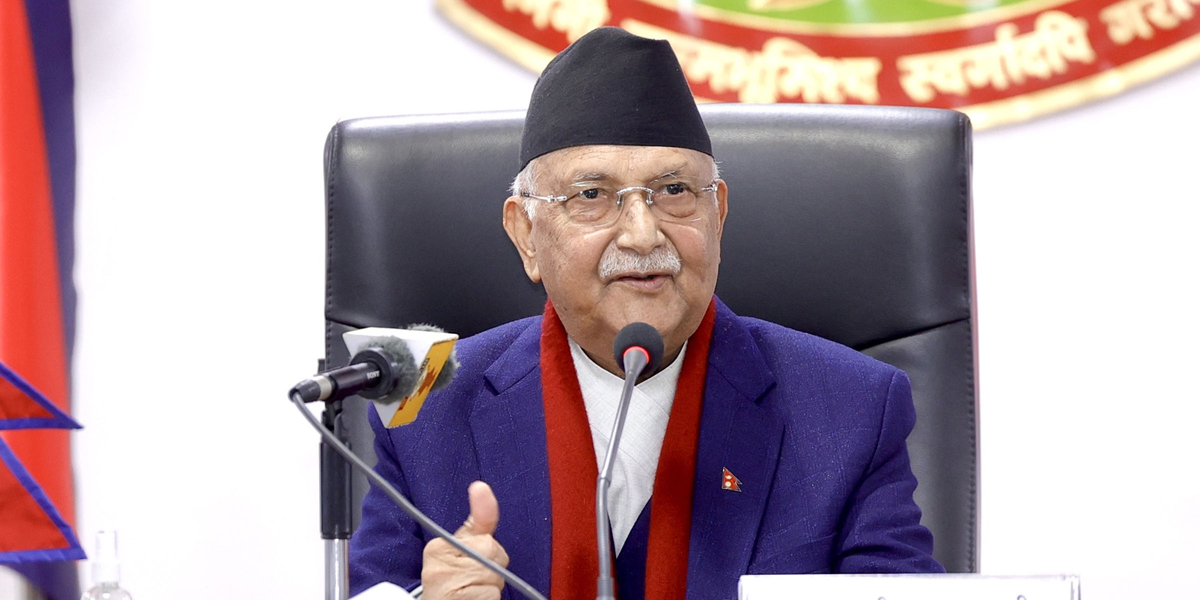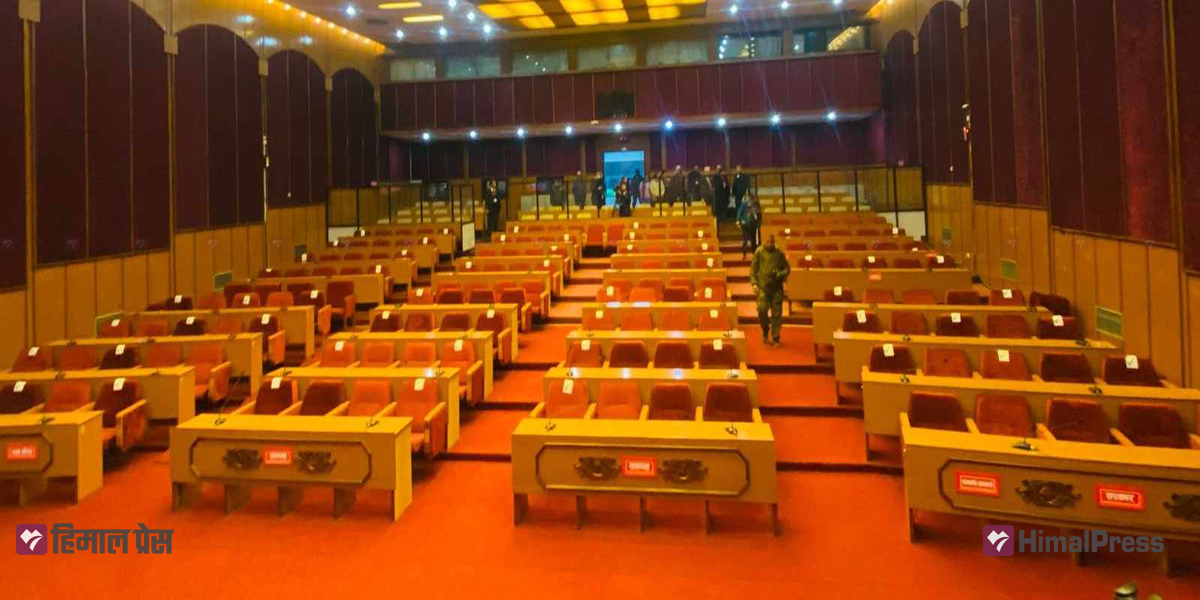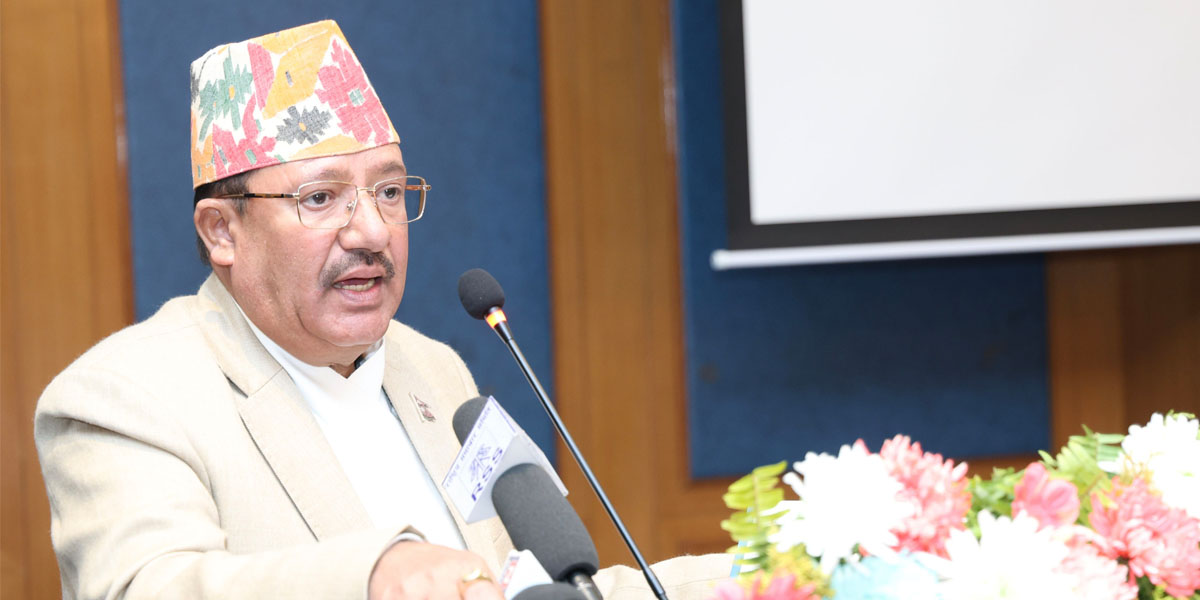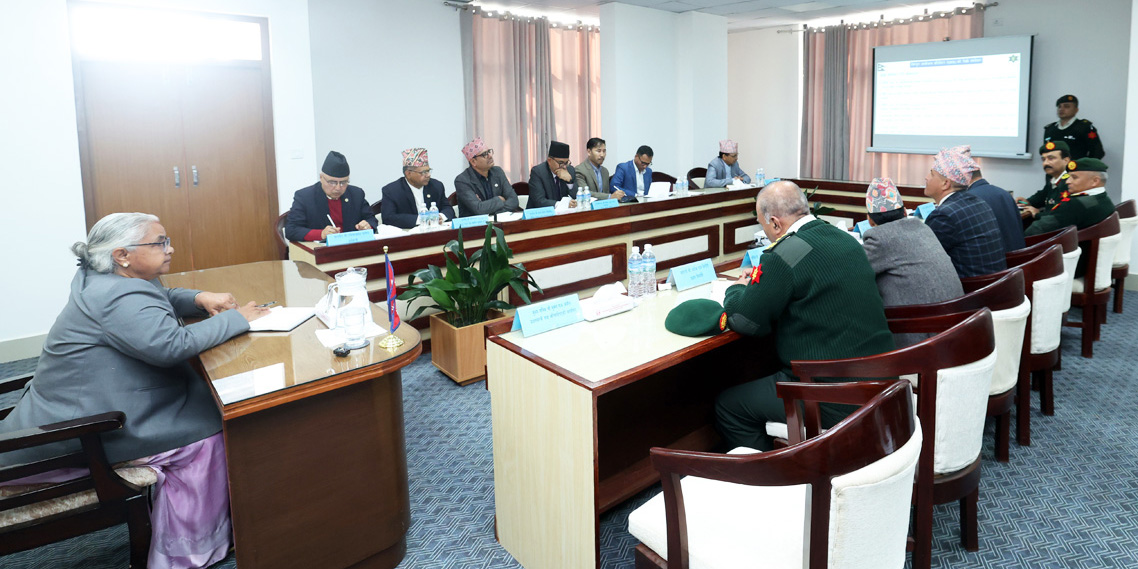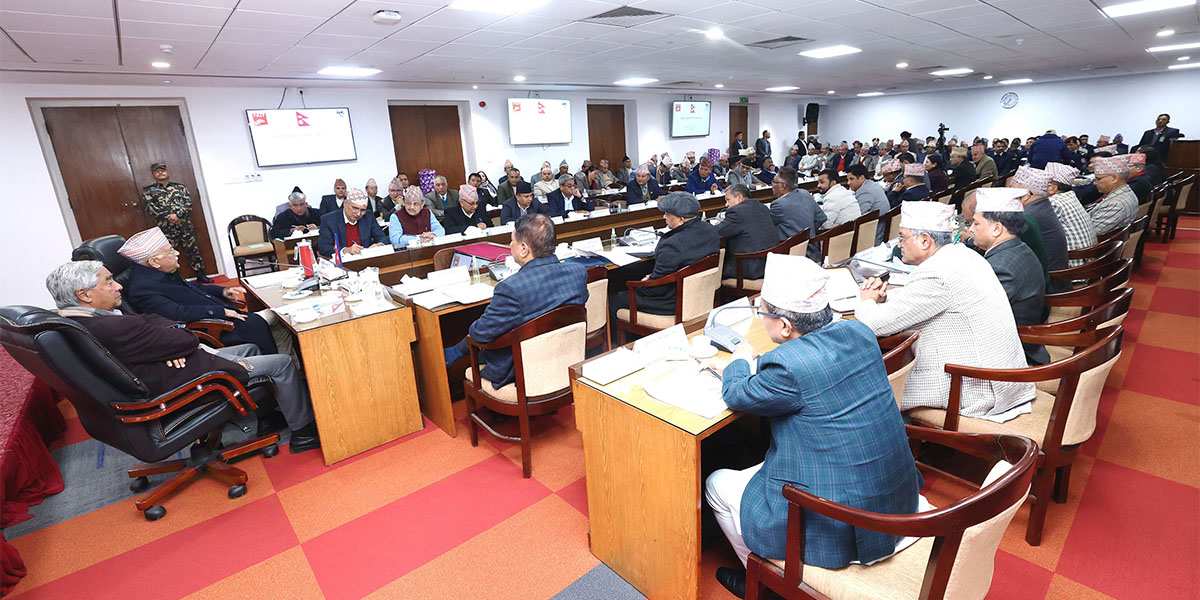 Photo: RSS
Photo: RSS
KATHMANDU: A high-level discussion on Nepal’s current status in combating money laundering and the future roadmap for reforms was held in the presence of Prime Minister KP Sharma Oli on Sunday.
Top political leaders, senior administrative officials and representatives of relevant agencies attended the meeting. Former Prime Minister Sher Bahadur Deuba, deputy prime ministers and ministers were also present in the discussion.
The Financial Action Task Force (FATF) has established international standards to prevent illegal activities such as money laundering, terrorism financing and the proliferation of weapons of mass destruction. Member nations are required to adhere to these standards.
Nepal became a member of the FATF in 2002 and has since made legal, policy, and structural efforts to address money laundering. In the Asia-Pacific region, the Asia Pacific Group on Money Laundering (APG) facilitates collaborative efforts among member countries.
In the APG’s recent evaluation, Nepal is at risk of being placed on the “Jurisdictions Under Increased Monitoring” (Grey List) alongside 25 other countries.
Intense discussions were held during the meeting to strategize improvements and avoid this designation. Participants suggested presenting Nepal’s political commitment and reform initiatives at the upcoming APG face-to-face meeting in January in the Philippines to prevent Nepal from being grey-listed.
Prime Minister Oli stressed the need for immediate and effective action to bring about positive changes. He noted that inconsistencies, with excessive rigidity in some areas and excessive leniency in others, have discouraged industries and businesses. Oli underscored the importance of ensuring credible political commitment and reporting Nepal’s progress to international forums with confidence.
Similarly, former prime minister and Nepali Congress President Deuba acknowledged the challenges of implementing anti-money laundering measures, citing the lack of proper accounting systems to track transactions. He emphasized the need to educate the public on financial transactions and work towards improvements.
To enhance its anti-money laundering efforts, the government approved the National Strategy for the Prevention of Money Laundering and Terrorism Financing through a Cabinet decision on July 1. Additionally, the Cabinet on December 20 designated three regulatory bodies to oversee specific areas: the Nepal Rastra Bank for vehicle purchase loans and the Social Security Fund, the Department of Transport Management for vehicle sales, and the Securities Board of Nepal (Sebon) for investment companies.
(Translated from RSS)





